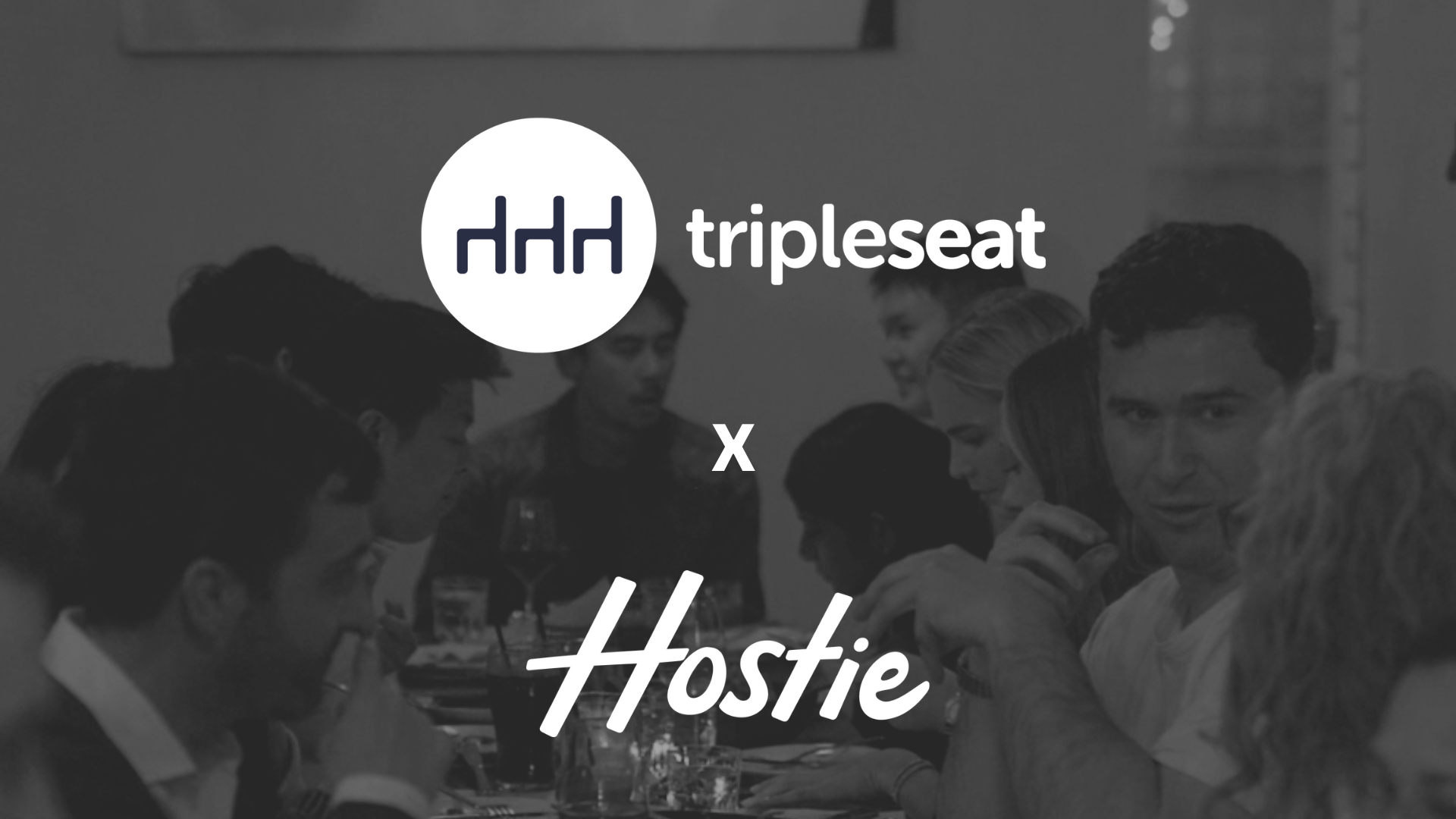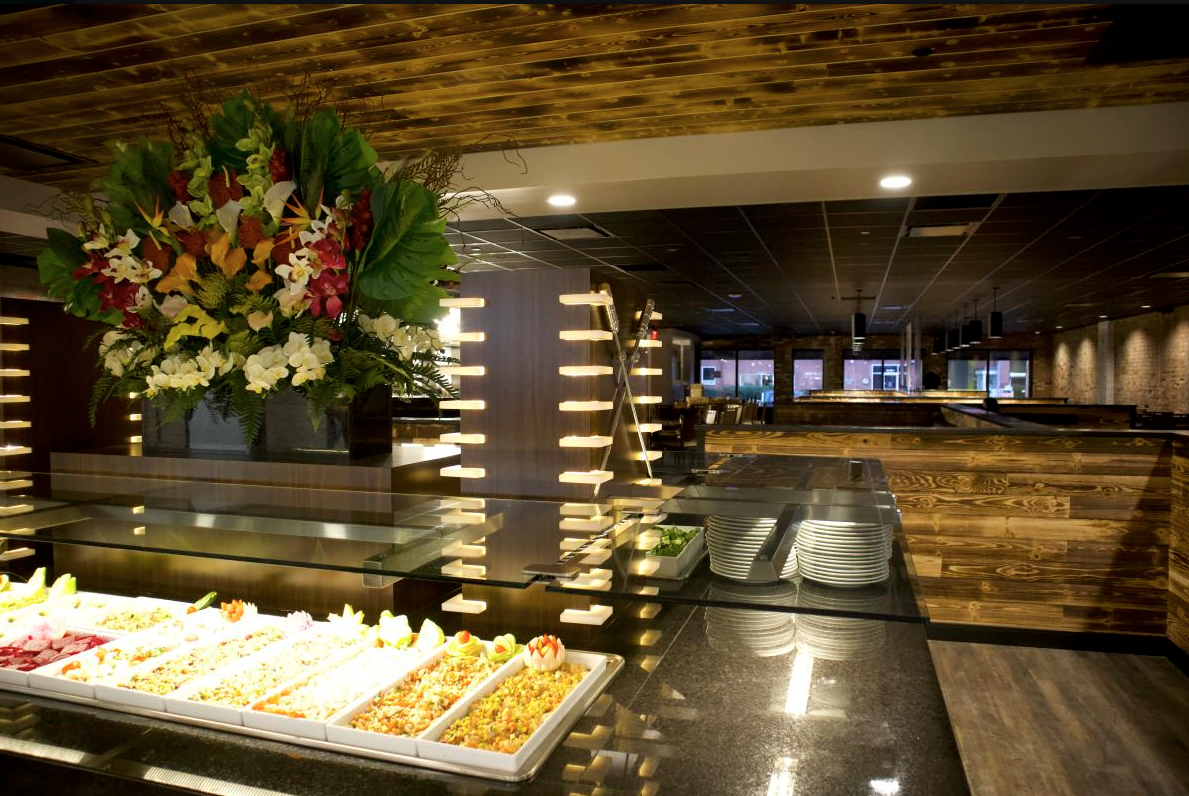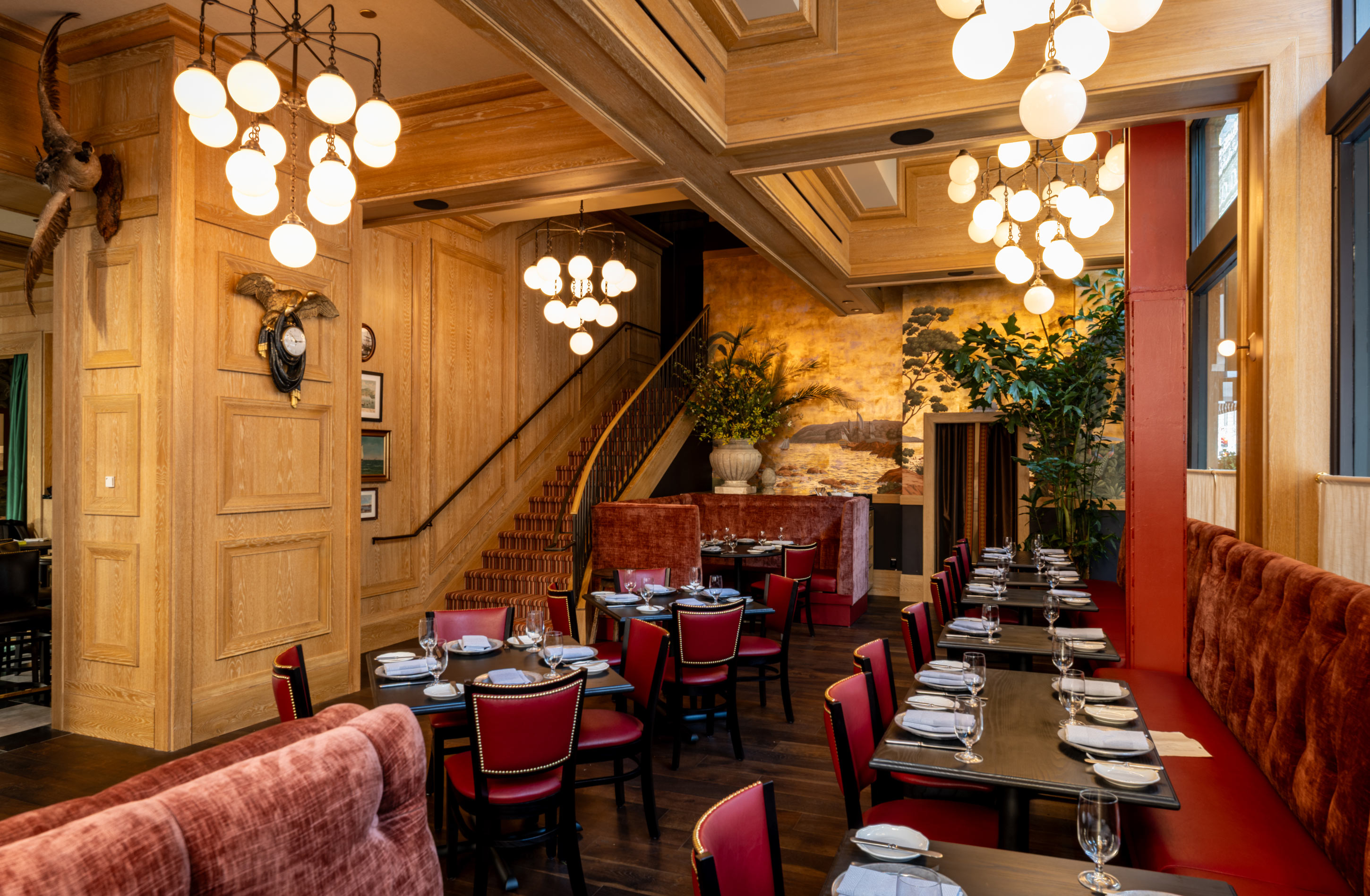
Restaurant operators across the country are asking the same question: can my AI virtual host talk directly to OpenTable? With AI voice restaurant hosts becoming increasingly popular in cities like New York City, Miami, Atlanta, and San Francisco, the demand for seamless reservation system integration has never been higher (Ars Technica). The short answer is yes, but with important caveats around API access, branding requirements, and technical implementation.
OpenTable has recognized this trend and recently partnered with PolyAI to improve reservation support for enterprise restaurants using advanced voice AI technology (Verdict Food Service). This partnership signals OpenTable's commitment to AI integration, but what does it mean for restaurants already using or considering AI virtual hosts like Hostie?
In this comprehensive guide, we'll dissect OpenTable's Voice AI partner program, walk through API access requirements, explore branding obligations, and show you exactly how platforms like Hostie pipe reservation intents through OpenTable's RESTful endpoints. We'll also cover what happens when APIs throttle and share a real-world case study that demonstrates the tangible benefits of AI-OpenTable integration.
OpenTable's partnership with PolyAI provides a blueprint for how AI voice assistants can integrate with their platform. The integration allows OpenTable's network of restaurants to facilitate seamless booking and management of reservations over the phone using generative AI and spoken language technologies (Verdict Food Service).
This partnership is significant because it establishes OpenTable's technical requirements and expectations for AI voice integration:
While OpenTable hasn't published detailed partner program requirements publicly, industry analysis suggests several key criteria:
Technical Standards:
Branding Requirements:
Volume Thresholds:
Before any AI virtual host can integrate with OpenTable, you need proper API credentials. The process typically involves:
Once approved, you'll gain access to OpenTable's RESTful endpoints. Key endpoints include:
GET /restaurants/{restaurant_id}/availability
POST /reservations
PUT /reservations/{reservation_id}
DELETE /reservations/{reservation_id}
GET /reservations/{reservation_id}
OpenTable implements strict authentication and rate limiting:
Before going live, AI platforms must pass OpenTable's certification process:
Hostie AI demonstrates how sophisticated AI platforms can seamlessly integrate with OpenTable's ecosystem. As an AI-driven customer experience platform tailored for the restaurant industry, Hostie automates handling calls, texts, and emails while managing reservations through existing systems (Hostie AI).
When a guest calls a Hostie-enabled restaurant to make a reservation, here's what happens behind the scenes:
Hostie's integration with OpenTable follows industry best practices:
{
"reservation_request": {
"restaurant_id": "12345",
"party_size": 4,
"date": "2025-10-15",
"time": "19:00",
"guest_info": {
"name": "John Smith",
"phone": "+1-555-0123",
"email": "john@example.com"
},
"special_requests": "Anniversary dinner"
}
}
When OpenTable's APIs throttle or fail, Hostie implements sophisticated fallback mechanisms:
Retry Logic:
Guest Communication:
This robust approach ensures that guests always receive excellent service, even during technical difficulties. As noted in Hostie's company materials, the platform is "designed for restaurants, made by restaurants," which means it understands the critical importance of never losing a reservation opportunity (Hostie AI).
One of the most important aspects of OpenTable integration is proper branding attribution. AI virtual hosts must clearly communicate their connection to OpenTable during reservation interactions.
Voice Interaction Examples:
OpenTable requires partners to maintain consistent messaging that:
OpenTable actively monitors partner compliance through:
DineAmic Hospitality, a prominent restaurant group, faced the common challenge of managing high call volumes while maintaining exceptional guest service. With restaurants receiving between 800 and 1,000 calls per month, staff were constantly interrupted during service to handle basic inquiries that could be found on their website (Hostie AI).
By implementing an AI virtual host with OpenTable integration, DineAmic Hospitality was able to:
Automate Reservation Management:
Improve Operational Efficiency:
The implementation delivered measurable improvements:
The integration required careful coordination between multiple systems:
API Integration:
Fallback Mechanisms:
OpenTable implements rate limiting to ensure system stability and fair usage across all partners. Typical limits include:
Peak Hour Throttling:
During busy periods (typically 5-8 PM), OpenTable may implement additional throttling to manage system load. AI platforms must be prepared for:
Maintenance Windows:
Scheduled maintenance can temporarily limit API access, requiring:
1. Intelligent Request Batching
{
"batch_request": {
"requests": [
{"type": "availability", "date": "2025-10-15", "time": "19:00"},
{"type": "availability", "date": "2025-10-15", "time": "19:30"},
{"type": "availability", "date": "2025-10-15", "time": "20:00"}
]
}
}
2. Caching Strategies
3. Graceful Degradation
4. Proactive Communication
For restaurants not using OpenTable, AI virtual hosts can integrate directly with POS systems. This approach offers:
Advantages:
Challenges:
Many successful implementations use hybrid approaches that combine multiple integration methods:
Primary Integration: OpenTable API for standard reservations
Secondary Integration: Direct POS integration for special events
Tertiary Integration: Manual processes for complex requests
This approach maximizes automation while maintaining flexibility for edge cases.
Advanced AI platforms like Hostie support integration with multiple reservation systems simultaneously, allowing restaurants to:
The AI integrates directly with existing reservation systems, POS systems, and event planning software, providing comprehensive coverage for all booking scenarios (Hostie AI).
Data Protection:
API Security:
Response Time Requirements:
Scalability Considerations:
Comprehensive Error Management:
{
"error_handling": {
"api_timeout": "Retry with exponential backoff",
"rate_limit_exceeded": "Queue request and inform guest",
"service_unavailable": "Activate fallback booking process",
"invalid_request": "Validate and reformat request"
}
}
Recovery Procedures:
The restaurant industry is experiencing "unbelievable, crazy growth" in AI adoption, according to industry experts (Ars Technica). This growth is driving innovation in several key areas:
Advanced Natural Language Processing:
Predictive Analytics:
Labor Cost Pressures:
With 92% of operators experiencing rising labor costs in the last 12 months and 89% expecting further increases, AI integration becomes increasingly attractive (SoundHound). At $17 per hour, traditional host positions face high turnover, making AI solutions more economically viable (Ars Technica).
Customer Expectation Evolution:
OpenTable's partnership with PolyAI signals a broader strategic commitment to AI integration. Future developments likely include:
Enhanced API Capabilities:
Expanded Partner Ecosystem:
Business Requirements:
Technical Readiness:
Partner Selection:
Implementation Timeline:
Performance Monitoring:
Continuous Improvement:
Initial Setup:
Ongoing Expenses:
Revenue Improvements:
Cost Savings:
Monthly ROI = (Revenue Increase + Cost Savings - Implementation Costs) / Implementation Costs
Example Calculation:
- Revenue Increase: $5,000 (from 141% booking improvement)
- Cost Savings: $3,000 (reduced labor costs)
- Implementation Costs: $2,000 (monthly platform fees)
- Monthly ROI: ($5,000 + $3,000 - $2,000) / $2,000 = 300%
Symptom: Intermittent connection failures to OpenTable API
Diagnosis: Check network connectivity, API credentials, and rate limiting status
Solution: Implement retry logic with exponential backoff and verify authentication tokens
Symptom: Slow API response times
Diagnosis: Monitor API latency and identify bottlenecks
Solution: Optimize request batching, implement caching, and consider geographic API endpoints
Symptom: Reservation data inconsistencies between AI platform and OpenTable
Diagnosis: Review data mapping and synchronization processes
Solution: Implement real-time data validation and reconciliation procedures
Symptom: Guest information not properly transferred
Diagnosis: Check data format compliance and field mapping
Solution: Validate data schemas and implement comprehensive error handling
Symptom: Guests reporting confusion about AI interactions
Diagnosis: Review conversation flows and branding compliance
Solution: Optimize AI responses for clarity and ensure proper OpenTable attribution
Symptom: Increased call abandonment rates
Diagnosis: Analyze call flow timing and AI response quality
Solution: Streamline conversation paths and improve natural language processing
OpenTable does support AI virtual host booking integration, but success requires careful attention to technical requirements, branding compliance, and operational best practices. The partnership between OpenTable and PolyAI demonstrates the platform's commitment to AI integration, while companies like Hostie show how sophisticated AI platforms can seamlessly pipe reservation intents through OpenTable's RESTful endpoints (Verdict Food Service).
The key to successful integration lies in understanding OpenTable's API access requirements, implementing robust fallback mechanisms for throttling scenarios, and maintaining strict compliance with branding requirements. As demonstrated by real-world implementations, restaurants can achieve significant improvements in reservation capture rates and operational efficiency when AI virtual hosts are properly integrated with OpenTable systems.
With rising labor costs affecting 92% of restaurant operators and the AI restaurant technology sector experiencing unprecedented growth, the business case for AI-OpenTable integration continues to strengthen (SoundHound). Restaurants that implement these integrations thoughtfully, with proper technical architecture and guest experience optimization, position themselves to capture the full benefits of AI-powered reservation management.
The future of restaurant technology lies in seamless integration between AI platforms and established reservation systems like OpenTable. As Hostie demonstrates with its restaurant-focused approach, AI platforms designed by industry professionals who understand the unique challenges of restaurant operations deliver the most effective solutions (Hostie AI). By following the integration paths, API guidelines, and best practices outlined in this guide, restaurant operators can successfully implement AI virtual host booking that enhances both operational efficiency and guest satisfaction.
💡 Ready to see Hostie in action?
Don't miss another reservation or guest call.
👉 Book a demo with Hostie today
Yes, OpenTable has partnered with PolyAI to provide AI voice assistant support for enterprise restaurants. This partnership allows OpenTable's network of restaurants to integrate advanced voice AI technology for seamless phone-based reservation booking and management, though access may be limited to certain enterprise-level accounts.
OpenTable's API integration typically requires enterprise-level partnerships and adherence to strict branding guidelines. The integration must maintain OpenTable's user experience standards while providing seamless reservation management. Most third-party AI solutions like Hostie, Maitre-D AI, and Slang.ai work through approved partnership channels rather than direct API access.
Restaurants using AI virtual hosts like Hostie are seeing significant results, with Burma Food Group boosting over-the-phone covers by 141%. These AI systems ensure every call is answered in the restaurant's voice, allowing staff to focus on in-person service while maintaining seamless reservation management through approved integration pathways.
Restaurants can use hybrid approaches including screen scraping, manual reservation entry, or partnering with approved AI voice providers like PolyAI that have official OpenTable integration. Many successful implementations involve AI hosts handling initial customer interaction and then seamlessly transferring reservation details through established booking channels.
With 92% of restaurant operators experiencing rising labor costs and widespread staffing shortages in major cities like NYC, Miami, and San Francisco, AI virtual hosts have become essential. The technology addresses labor challenges while improving customer service, with voice-ordering AI gaining significant attention at the National Restaurant Association's 2024 food show.
AI virtual hosts like those offered by companies such as Hostie can handle complex conversations, manage multiple reservation requests simultaneously, and provide 24/7 availability without human intervention. Unlike traditional phone booking, AI systems can instantly access real-time availability, process multiple languages, and maintain consistent service quality while reducing labor costs.
RELATED


